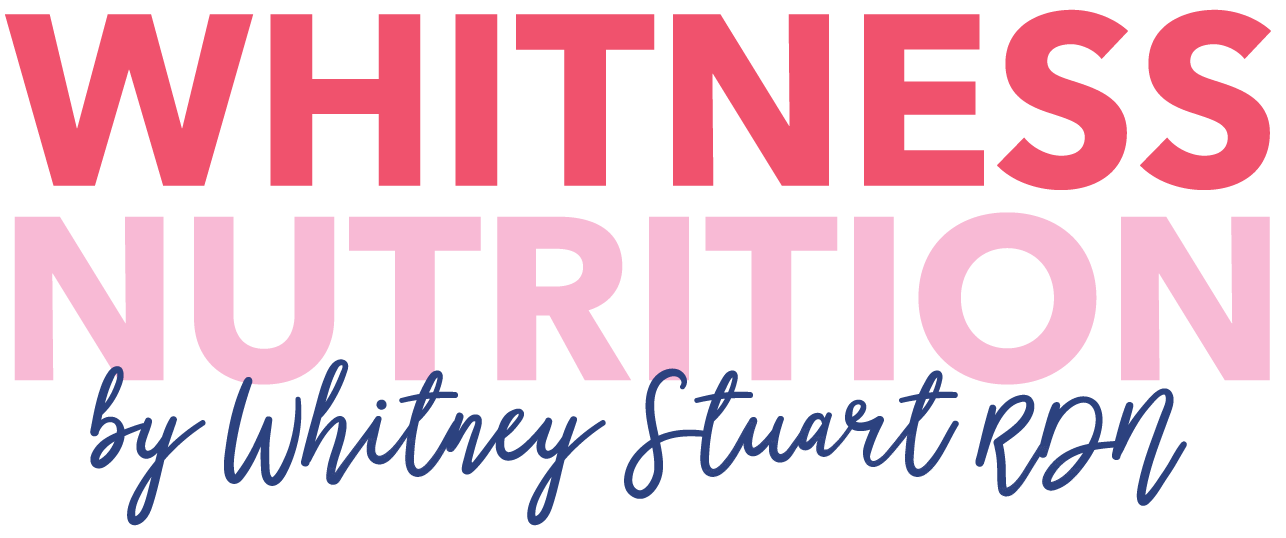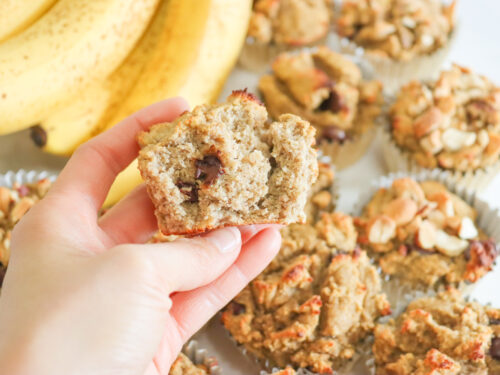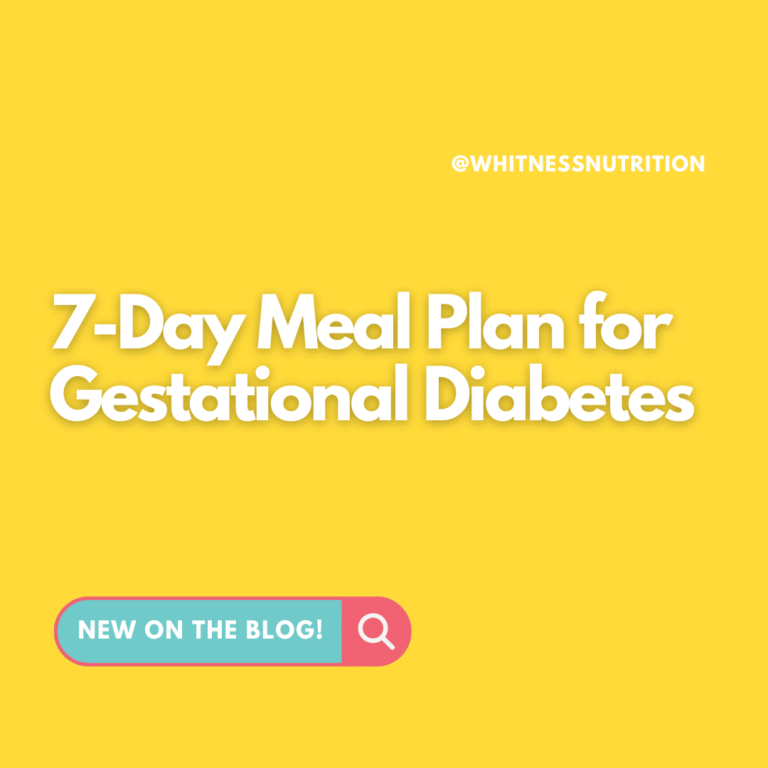Maximizing Post-Workout Recovery: A Dietitian’s Guide
After a hard workout, your body requires refueling in the form of fluids and healthy food. It needs more than rest while relaxing muscles after a workout is also crucial. Everything you consume after the workout will have a direct impact on the recovery and maintenance of the body. Your energy levels will depend on the right food and drink choices.
This applies to everyone who works out! Whether you’re exercising to build muscle, improve endurance, or simply stay fit, the right diet can maximize recovery. You won’t feel sluggish throughout the day. Once you start making smart nutritional choices, you’ll be able to see a difference in your health and energy levels.
This blog post offers valuable insights into post-workout nutrition and recovery strategies, including hydration tips, refueling with the right combination of protein and carbohydrates, and convenient meal ideas for active individuals.
Maximizing Post-Workout Recovery: A Dietitian’s Guide
What is the best thing to drink post-workout?
You guessed it, it’s Water!
Step 1: Hydrate
With a body made of more than 60% water, it’s essential to ensure adequate hydration for optimal function. Chronic dehydration can cause you to overeat and crave salt. Aim to consume 16 oz of water for every 30-minute sweat session. If your workout lasts for over 90 minutes, or you’re running in high heat and/or high humidity, consider using electrolyte-enhanced water. Brands like NUUN, Ultima, Nooma, LMNT, Relyte, and Lyteshow can be good choices. I recommend avoiding LiquidIV since it contains sugar and not a strong dose of replenishing electrolytes.
How to make water taste better?
Sometimes drinking water may not be that appealing, and you may need some taste in water to motivate you. We’ll discuss different ways you may make the water taste a bit better:
Infuse with Fresh Fruits and Herbs:
Adding fruits to water can be a great way to make it sweet naturally. You may add slices of lemon, lime, orange, or cucumber to your water. Some people may also like strawberries, cherries, and blueberries. Cut these into small pieces or slices for water infusion in a bottle. You may add it to a normal bottle or use a special bottle with a compartment to add fruits that seep into the water. Adding watermelon is another way to enhance the water’s taste.
Add Herbs to the Water:
Try adding mint leaves to the water to improve the taste. The refreshing minty taste will keep your taste buds engaged, and water will ensure you’re hydrated. You may also try adding thyme, lemon balm, and lemongrass to improve the taste of water.
Make Herbal Tea:
Brew a cup of herbal tea, let it cool, and then pour it over ice. Choose from flavors like chamomile, hibiscus, or peppermint to make a delightful, caffeine-free drink. Keep sipping on the tea when you need to hydrate. Some lemon or orange juice in the tea will leave you with a nice hydrating mocktail.
Freeze Fruit as Ice Cubes:
If you feel too lazy to cut up fruits every morning, I suggest cutting a batch and freezing it with water. Use berries, citrus fruits, grapes, strawberries, apples and Freeze berries, grapes, or citrus slices and use them as ice cubes. They’ll chill your water with a watermelon. Add them to trays and pour water on top to freeze. Whenever you wish to drink water, add in a few ice cubes and wait for them to release flavor while melting.
Coconut Water:
Drinking coconut water is a nice treat and can hydrate you. The sweet, refreshing taste of the coconut water will help you feel energized. You may drink it as it or mix with water to amplify the taste. It’s among the best ways to boost the body’s electrolytes without overwhelming the taste.
What is the best thing to eat post-workout?
Find out why eating protein-rich food is essential post-workout as recommended by the professional dietitian:
Step 2: Refuel
After a workout longer than 60 minutes, your body is depleted of all the energy you burn to get rid of the fat and build muscle. Those energy stores have to be replaced in order to see rapid recovery and strength gains. Within 2 hours after your workout, consider consuming a recovery meal consisting of protein and carbohydrates. Liquid absorbs quicker than solids, so try to avoid heavy oils or fat sources here, which can slow digestion.
Post-Workout Meal Ideas
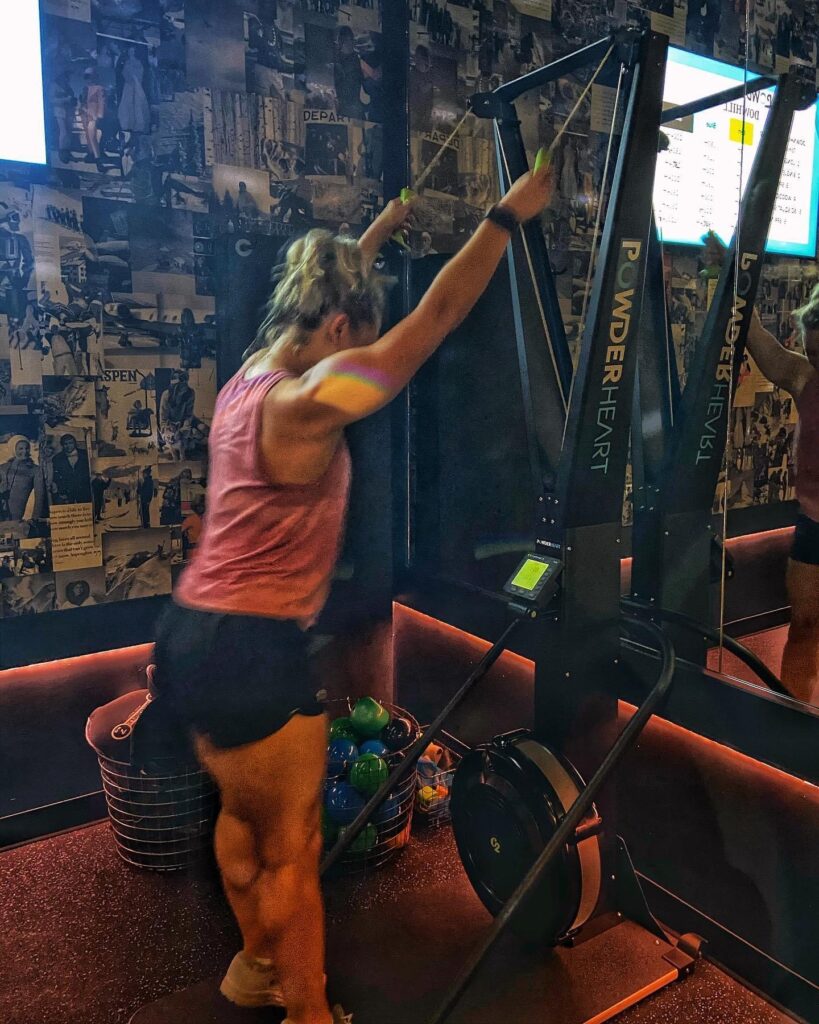 If you’re looking for tasty combos, here are some suggestions:
If you’re looking for tasty combos, here are some suggestions:
- Scramble 3 egg whites + 1 egg with half a shredded sweet potato and shredded kale.
- Sauté ground turkey with white rice, spinach, peppers, and mushroom.
- Make a smoothie with 1 cup berries, 1 serving protein powder, cinnamon, 1 tsp peanut butter, 5-6 ice cubes, and 1 cup almond milk.
- Crumble and sauté organic pressed tofu with nutritional yeast and spinach.
- Have smoked salmon on toasted sourdough bread spread with hummus, topped with tomatoes and herbs.
On the go post-workout meals
- A Healthy Eating on the go bar + a small 2% latte
- Pillars drinkable yogurt/Chobani Complete + a banana
- A BTR Bar + 2 HB eggs.
- Starbucks’ Turkey Bacon, Cheddar & Egg White Sandwich + a tall latte
Remember, if weight reduction is your goal, plan your workouts close to your next mealtime. This will help you avoid additional calories from the “pre-intra-post workout” snack conundrum.
Post Workout Meals; a DIY version
To restore your body, think about pairing a carb option with a protein choice. Some options include:
Carb options (aim for 30-45g)
- Apple
- Sweet potato
- Rolled Oats
- Butternut Squash Plantains
- Banana
- Berries
- Quinoa
- Rice
- Banana Pancakes
- Oatmeal Waffles
- GF Bread
Protein options (aim for 20-30g)
- HB egg
- Chicken sausage
- Turkey Sausage
- Canned Tuna
- Greek yogurt
- Egg muffins
- Protein powder: whey/hemp/pea
The best electrolyte for post-workout
When selecting an electrolyte, avoid added sugar and aim for one that contains ALL minerals; sodium, potassium, and magnesium. If you cramp, aim for higher potassium. If you have insomnia or constipation, aim for higher magnesium. If you eat out often, go lower in sodium. Always consider making dietary changes first!
Rich Sources of Magnesium and Potassium
Consuming magnesium and potassium is essential for muscle recovery and overall health.
There are numerous benefits of magnesium and potassium to the body ranging from soothed muscle pain to quicker recovery. We’ll discuss the two in detail.
Better Electrolyte Balance
With magnesium and potassium in the diet, there will be an electrolyte balance and optimal fluid maintenance in the body. This will aid in muscle function and recovery.
Improved Muscle Function
The proper muscle relaxation and contraction will help in reducing muscle fatigue and cramps. In addition, it may also aid in cardiac activity regulation. Similarly, potassium is crucial for muscle and nerve function.
Required Energy Production and Utilization
Magnesium works in the ATP production in the mitochondria of the cell, and potassium keeps ample glycogen storage. Both of these aid in recovery and muscle health.
Use this list of foods high in magnesium and potassium for natural electrolyte replenishment
Magnesium Rich Foods:
- Leafy Greens
- Nuts and Seeds
- Whole Grains
- Legumes
- Avocado
- Dark Chocolate
- Bananas
- Fatty Fish
- Yogurt
- Tofu
Potassium Rich Foods:
- Bananas
- Sweet Potatoes
- Avocado
- Leafy Greens
- Potatoes
- Beans
- Tomatoes
- Oranges
- Yogurt
- Salmon
Incorporate magnesium-rich and potassium-rich foods into your diet for overall health. Remember, we can actually test your mineral status using a hair analysis test. So, make sure to stay hydrated, refuel your body, and focus on eating a balanced diet rich in magnesium and potassium. Your post-workout routine is just as important as your workout itself!
Prioritizing Post-Workout Recovery for Optimal Performance
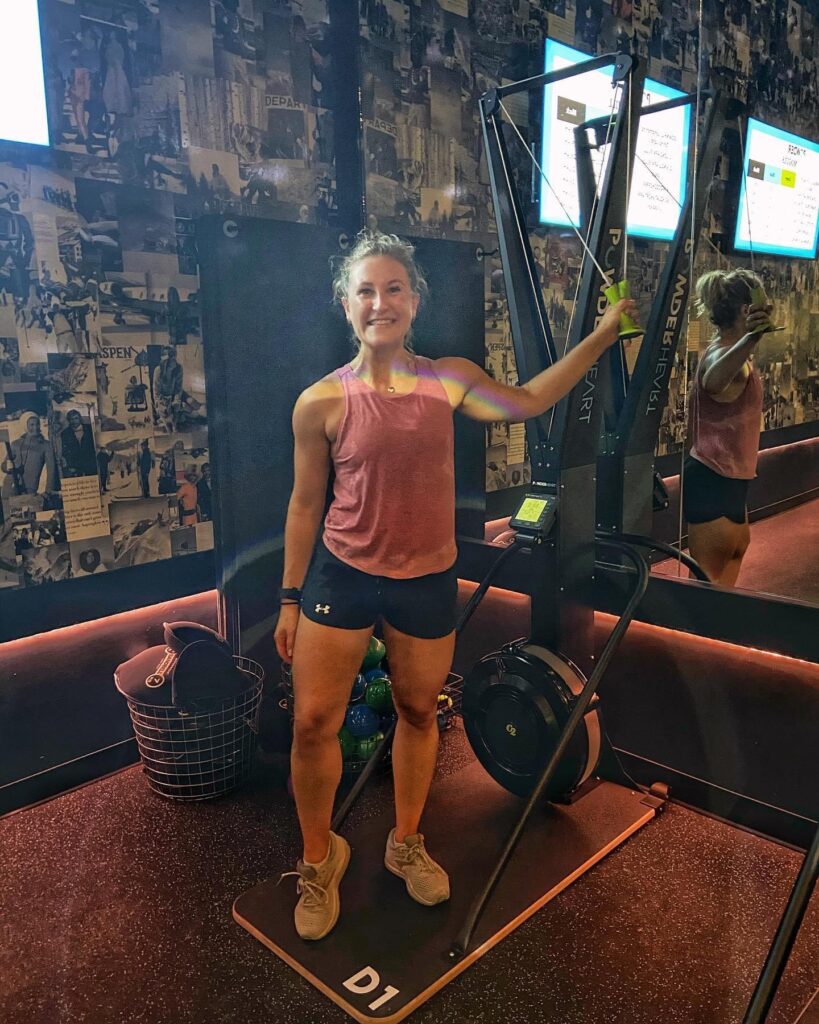
In conclusion, maximizing post-workout recovery is essential for achieving your fitness goals and maintaining peak performance. By following these guidelines for hydration, refueling, and electrolyte intake, you can support muscle recovery, prevent fatigue, and enhance your overall well-being. Remember, your post-workout routine is just as important as the workout itself, so prioritize nourishing your body to reap the full benefits of your efforts in the gym.
FAQs
How to maximize after-workout recovery?
Stretching after the workout or performing cooling-down activities can help in maximizing muscle recovery. Spend 10-15 minutes doing low-impact cooling exercises.
What are the 4Rs of a workout regimen?
The 4Rs include Rehydrate, Refuel, Repair, and Rest. These are essential in recovery, maintaining health, and staying consistent in working out.
How long does herb and fruit water last?
It may last anywhere from a day to three days. Once you have prepared the herb and fruit water, keep it in the fridge for seeping in. The controlled temperature will prevent any taste change or smell in the water.
What are the best foods to eat after exercising?
Some of the best food groups include yogurt, fruit, peanut butter sandwiches, and fruit and vegetable smoothies, and turkey sandwiches with whole wheat bread and vegetables.
What to consume in your post-workout meal?
Skip having too much fat and sugar after the workout. The best food groups to consume after working out are protein and complex carbs; keep a 3 to 1 carb-to-protein ratio when planning after-workout meals. Make sure you consume 20-30 grams of protein in your meals. This will help in building muscles with ample right glycogen storage and muscle protein synthesis.
Ready to take your post-workout recovery to the next level? Personalized nutrition can make all the difference in how you feel and perform. Book a discovery call with me today to create a recovery plan that fuels your body and supports your goals!
